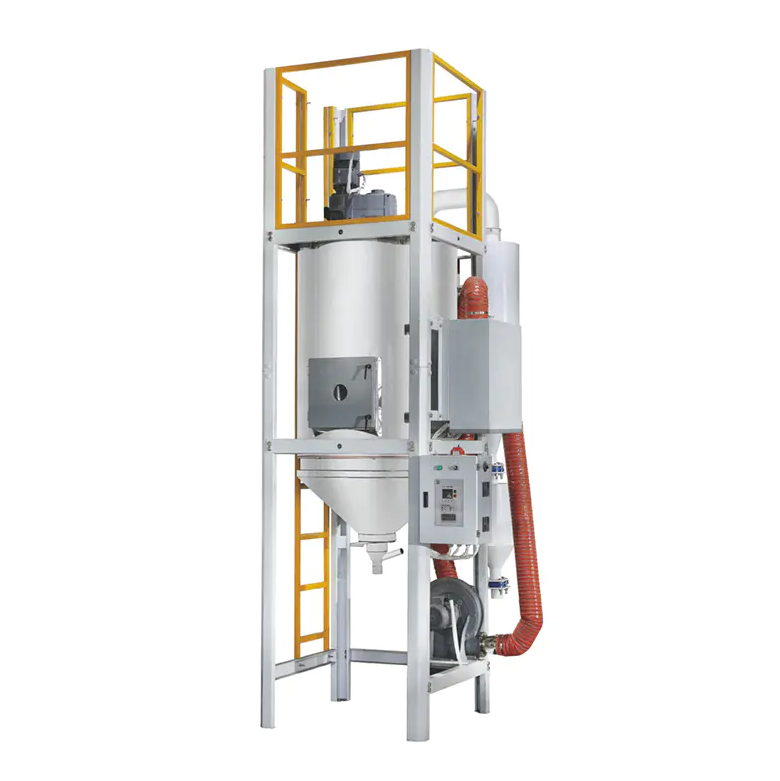A Comprehensive Guide to Setting Optimal Humidity Targets on Your Dehumidifier Dryer

Proper humidity control is essential for maintaining a comfortable and healthy indoor environment. A dehumidifier dryer helps regulate moisture levels by removing excess humidity from the air. One of the key features of many modern units is the ability to set a desired humidity target, allowing the device to operate efficiently and maintain consistent conditions. Knowing how to set this target correctly can improve both comfort and energy efficiency.
Most dehumidifier dryers come with a built-in humidistat or digital control panel that allows users to select a specific humidity level. This target is usually expressed as a percentage of relative humidity (RH), representing the amount of moisture in the air relative to the maximum amount the air can hold at a given temperature.
Experts generally recommend setting indoor humidity between 30% and 50%. This range helps prevent the growth of mold and mildew, reduces dust mite populations, and promotes respiratory comfort. Setting the humidity too low may cause the air to feel dry and uncomfortable, potentially leading to dry skin and irritation. Conversely, a target that is too high can allow excessive moisture to linger, increasing the risk of mold and allergens.
To set the humidity target on a dehumidifier dryer, start by consulting the user manual to understand the specific controls available on your model. Many devices feature simple buttons or a digital interface to increase or decrease the desired RH level. Some advanced models even include sensors that automatically adjust operation based on ambient conditions.
Once the target is set, the dehumidifier dryer will run until the air reaches the selected humidity level and then cycle on and off to maintain it. This automatic control helps save energy by preventing continuous operation and reducing wear on the machine.
Placement of the unit also affects its ability to maintain the set humidity. Position the device in a central location or near sources of moisture, such as bathrooms or basements, to ensure accurate sensing and efficient dehumidification. Avoid placing it near walls or furniture that may obstruct airflow.
Regularly monitoring indoor humidity with a separate hygrometer can help verify that the dehumidifier dryer maintains the desired levels. Adjustments to the target may be necessary depending on seasonal changes, occupancy, and ventilation.
In some cases, special environments require customized humidity targets. For example, wine cellars, musical instrument storage rooms, or certain industrial spaces may need precise humidity control outside the typical 30%-50% range. In such scenarios, consult a professional or the product manufacturer for guidance on appropriate settings.
In conclusion, setting the right humidity target on a dehumidifier dryer is crucial for optimizing comfort, preventing moisture-related problems, and improving energy efficiency. By understanding recommended humidity ranges and properly using the device’s controls, users can maintain a healthy indoor atmosphere tailored to their specific needs.
A P.I.D. temperature control system has been adopted, featuring displays of regeneration temperature and actual temperature.
A double-condenser is adopted, ensuring a low temperature of recycled air and a low dew point.
Dew-point up to -40°C, lower dew-point available with enhanced configuration.
PLC control and LCD touch screen control are available.
Dew-point meter to supervise the dehumidifying effect (optional).
Small footprint, easy to move.
- Art
- Causes
- Crafts
- Dance
- Drinks
- Film
- Fitness
- Food
- Jogos
- Gardening
- Health
- Início
- Literature
- Music
- Networking
- Outro
- Party
- Religion
- Shopping
- Sports
- Theater
- Wellness


